Have you ever watched your cat dart away just as you reach out for a snuggle, leaving you feeling rejected and a little heartbroken? You’re not alone—many cat lovers crave closer bonds with their feline companions, only to discover that not every kitty is a natural-born cuddler. But here’s the twist: you absolutely can build a powerful, loving connection with a stand-offish cat. It just takes patience, understanding, and a little bit of creative thinking. Ready to transform your relationship with your independent furball? Let’s dive into the secrets of winning over even the most aloof feline hearts.
Respect Their Individual Personality

Every cat is unique, just like people. Some love to be held and snuggled, while others prefer to keep a bit of distance. Instead of feeling disappointed that your cat doesn’t want to cuddle, try to appreciate their distinct personality. Maybe your cat is shy, cautious, or just enjoys observing from afar. By respecting their boundaries, you show that you care about their comfort. Think of it as learning a new language—one made up of subtle cues and silent understanding. When you accept your cat for who they are, it actually lays a stronger foundation for trust. This respect can be the very first step toward a deeper bond.
Learn to Read Cat Body Language
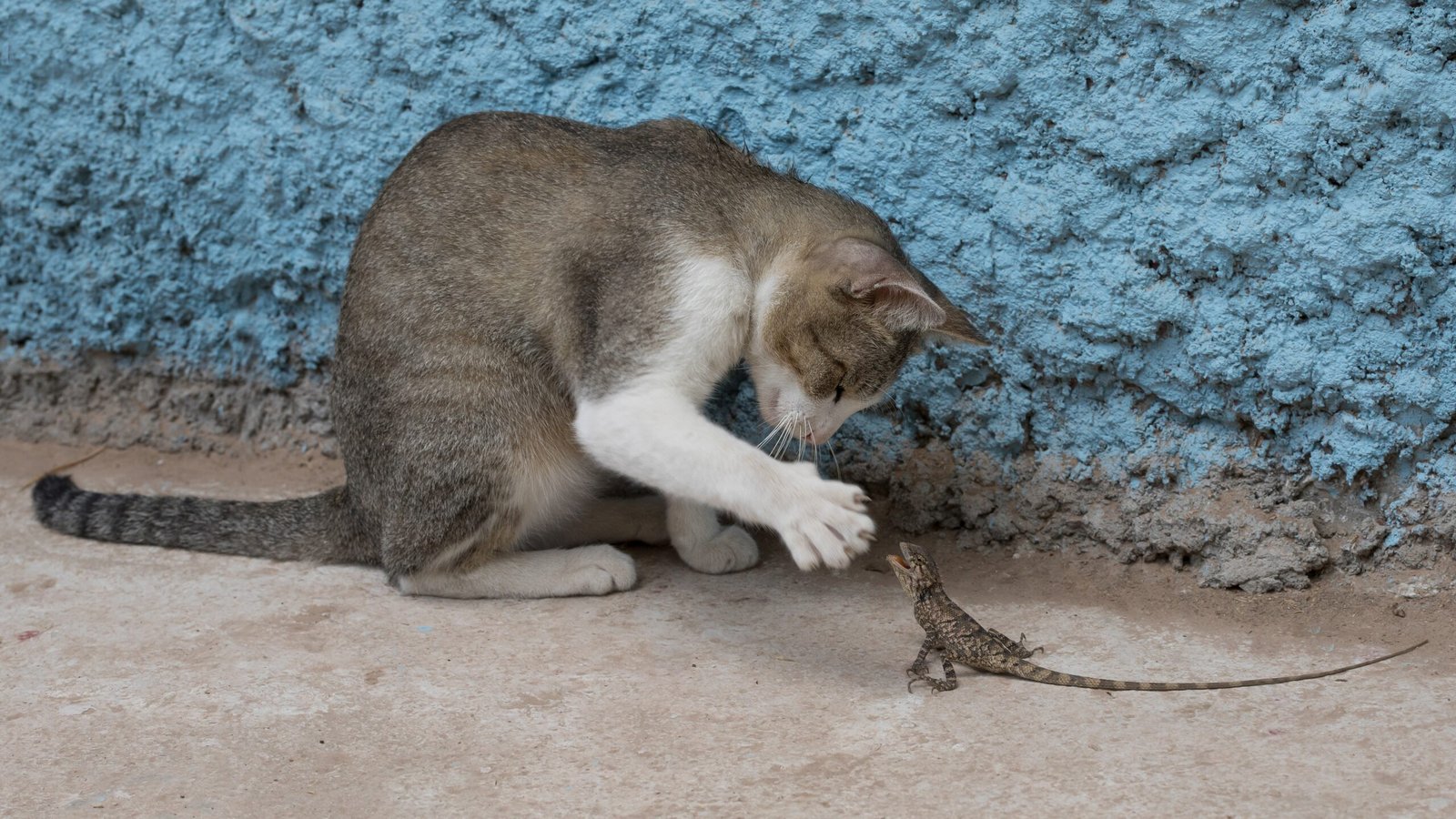
Cats are master communicators, but their language is more about tails and ears than words. A swishing tail might mean irritation, while a slow blink or soft purr signals trust and contentment. Watch how your cat reacts when you approach—do they flatten their ears, or do they relax? Learning to notice these signals can help you avoid unwanted interactions and connect in ways your cat actually enjoys. The better you get at reading their nonverbal cues, the more you’ll know when your cat is open to affection and when they need space. Think of it as tuning in to a secret radio frequency only the two of you share.
Let Your Cat Initiate Contact

It can be tough to resist the urge to scoop your kitty up for a cuddle, but giving them the power to approach you makes all the difference. When you sit quietly and let your cat come to you, you show them that you’re safe and trustworthy. Sometimes, just sitting on the floor with a book or your phone is enough to pique their curiosity. Your calm presence invites them to investigate at their own pace, and over time, they may start choosing your company more often. Imagine being at a party and having the freedom to join a conversation instead of being pulled in—your cat appreciates that same choice.
Offer High-Value Treats and Rewards

Food can be a powerful way to win a cat’s heart. Try offering special treats only when you’re interacting together to create positive associations. You might even use treats to reward your cat when they choose to sit near you or engage in gentle play. If your cat is food-motivated, small rewards can help turn “meh” moments into memorable bonding experiences. Just remember not to overdo it—tiny morsels are enough. Over time, your cat may start looking forward to these sessions, associating your presence with something delightful.
Engage in Interactive Play

Cats love to hunt, chase, and pounce—it’s in their DNA. Interactive toys like feather wands, laser pointers, and rolling balls can help you connect with your cat in a way that feels natural and fun for them. Play isn’t just about burning energy; it’s a form of communication and mutual enjoyment. When you play together, you’re speaking your cat’s language. These moments can lead to trust and affection, especially for cats who are wary of physical touch. Plus, a good play session often leaves your cat feeling happy and relaxed, making positive associations with you.
Create Safe and Cozy Spaces
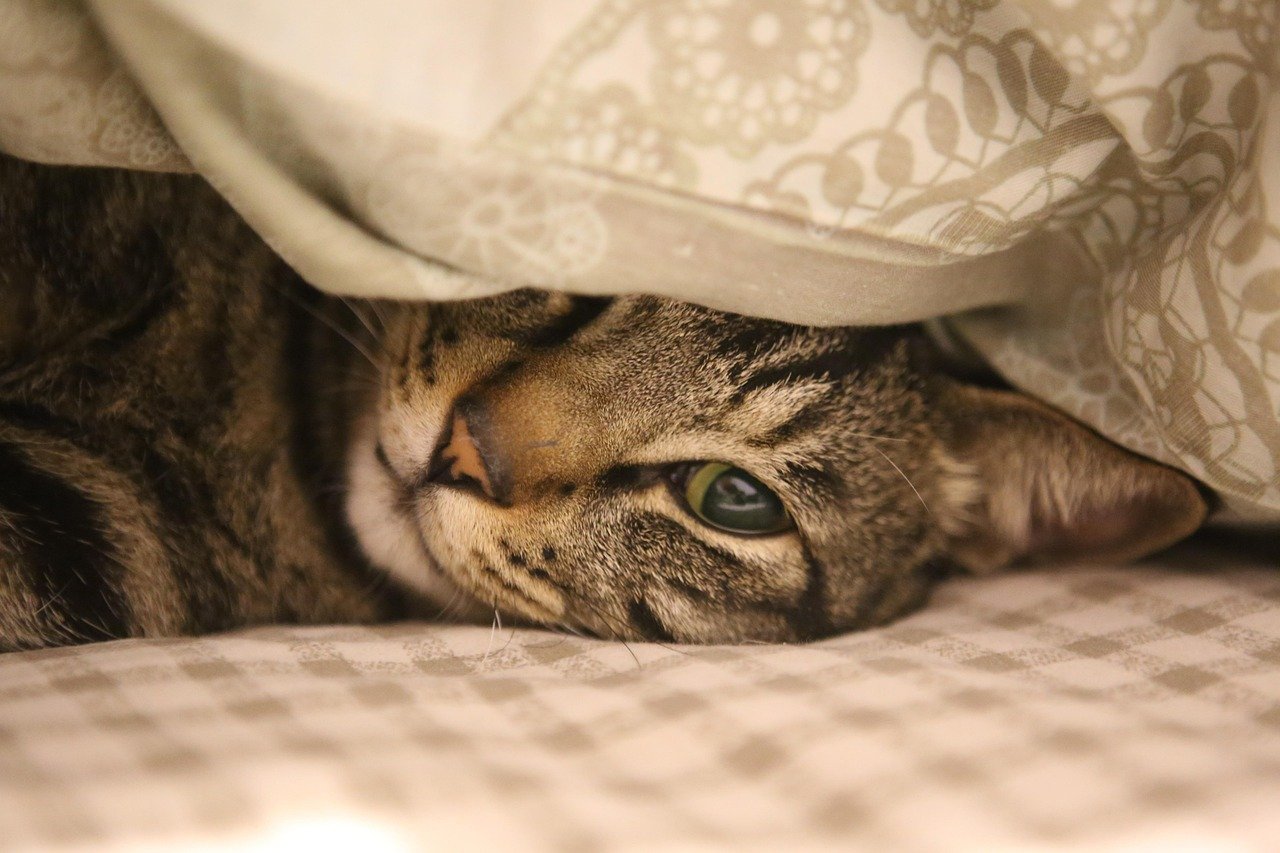
Every cat needs a safe haven—a spot where they can retreat and relax. By providing cozy beds, blankets, and hideaways in quiet parts of your home, you send a message that you respect their need for security. Some cats bond more closely with their people when they feel safe and unpressured. You might notice your cat starts spending more time near you when their favorite spot is close by. A soft bed or a blanket that smells like you can even help your scent become comforting. Remember, comfort is the first step toward closeness.
Use Gentle, Calming Voices
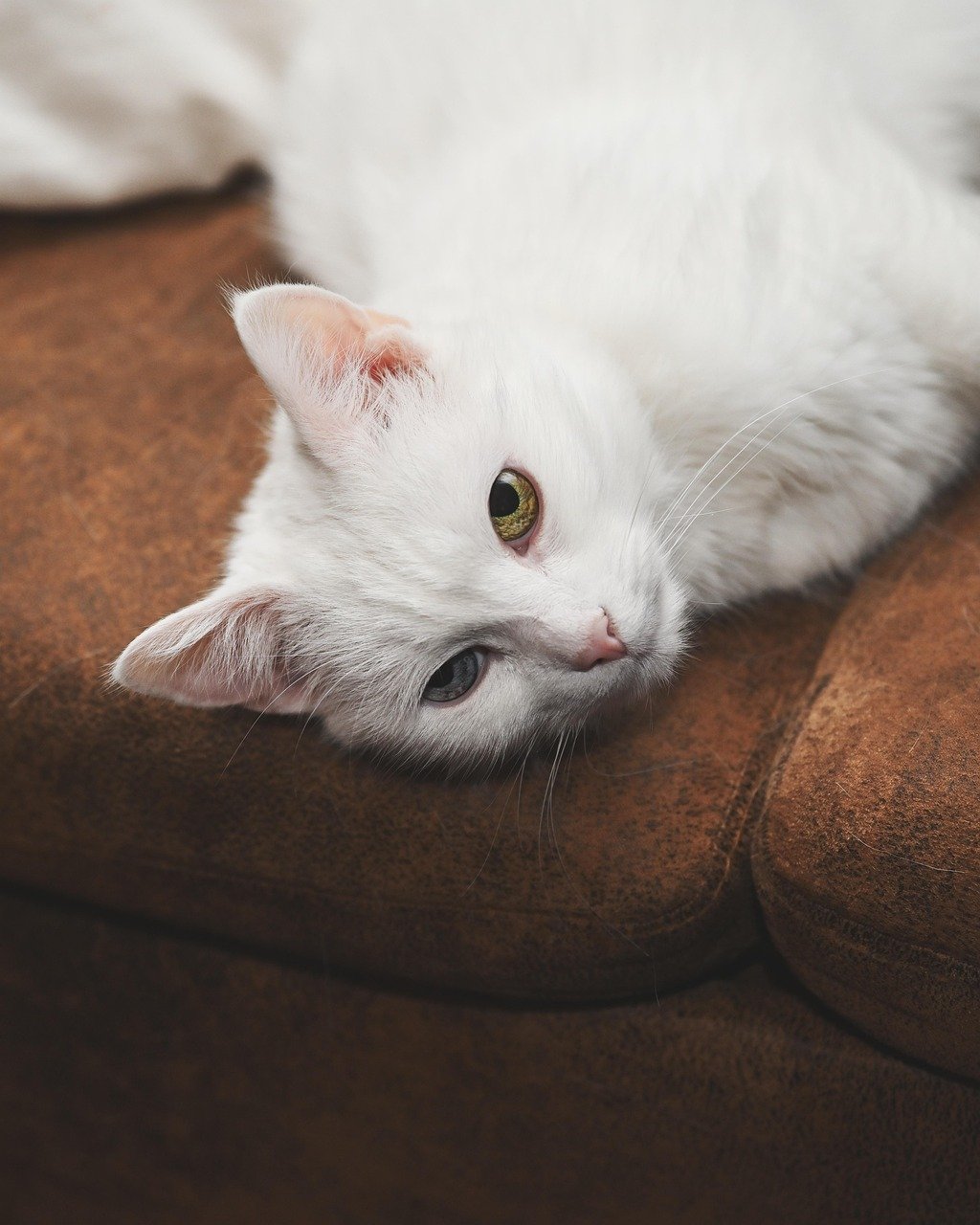
The way you speak to your cat matters more than you might think. Loud noises or harsh tones can be startling, especially for sensitive or nervous cats. Try speaking softly and using a gentle, soothing voice. Some cats respond well to being spoken to regularly, even if it’s just a simple “hello” or a sweet nickname. Over time, your voice can become a source of comfort and familiarity. Think of it as singing a lullaby—your tone can soothe and reassure, even if your cat doesn’t understand the words.
Offer Scent Exchange Opportunities
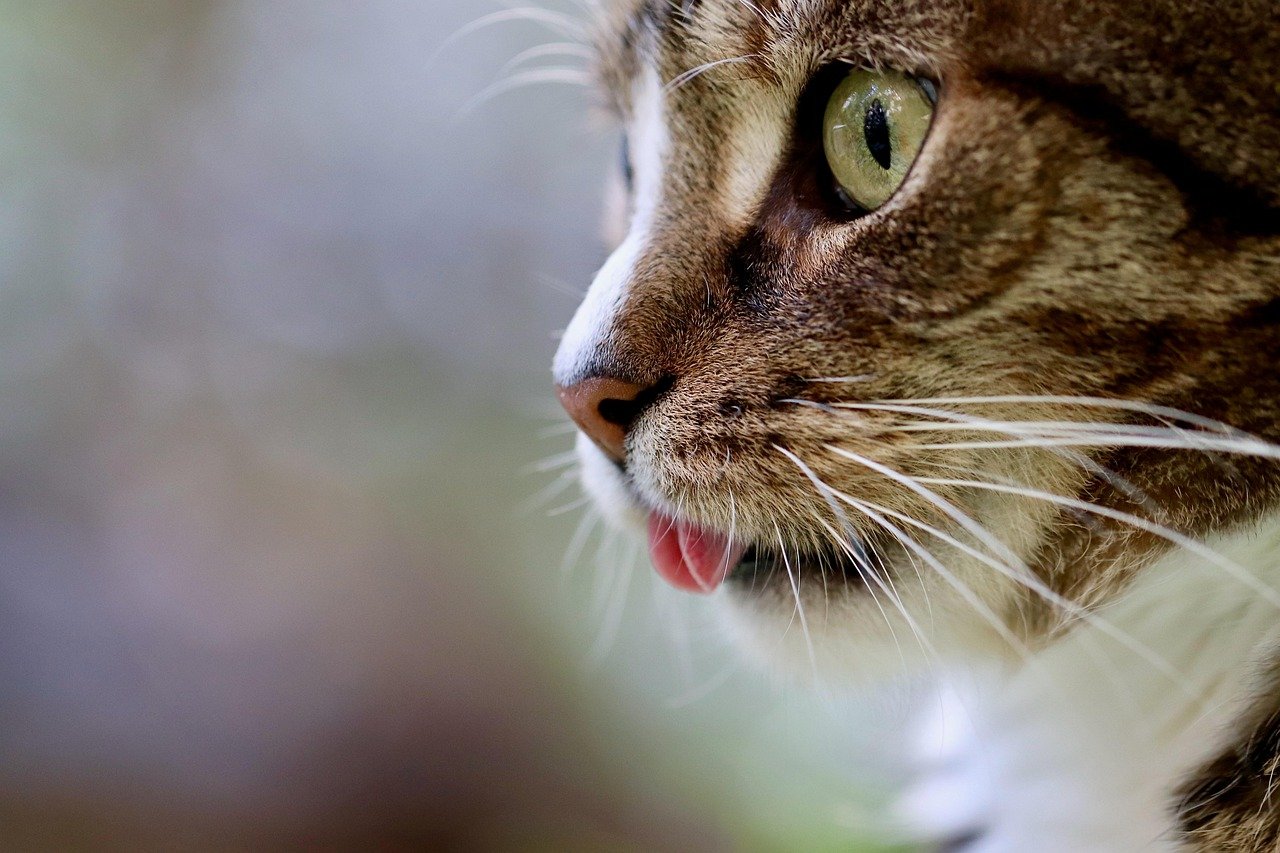
Cats rely heavily on scent to understand their world. You can strengthen your bond by letting your cat become familiar with your scent. Try placing an item of your clothing or a blanket you’ve used near their favorite resting spot. Some cats like to rub their faces on these things, marking them with their own scent and feeling more connected to you. You can even gently pet your cat with a soft cloth and then leave it near your bed or sofa. This subtle sharing of scent creates a sense of shared territory and belonging.
Establish a Predictable Routine

Cats are creatures of habit, and routines make them feel safe. Feeding, playtime, and quiet time at set hours help your cat know what to expect from you. When your cat trusts that you’ll be consistent, they’re more likely to let their guard down. Try to stick to regular times for meals, play, and even grooming. Predictability reduces stress and can help your cat feel more secure in your presence. It’s like always knowing when your favorite TV show will air—consistency brings comfort.
Practice Gentle Petting Techniques

If your cat is wary of touch, start slow and gentle. Most cats prefer to be petted around the head, cheeks, and under the chin. Avoid the belly or tail area, which can be sensitive. Always watch for signs of enjoyment or discomfort—if your cat leans in or purrs, you’re on the right track. Short, gentle strokes are better than long, sweeping ones at first. Over time, your cat may allow more contact as they realize you respect their boundaries. Each positive touch builds trust.
Encourage Head Bumps and Slow Blinks
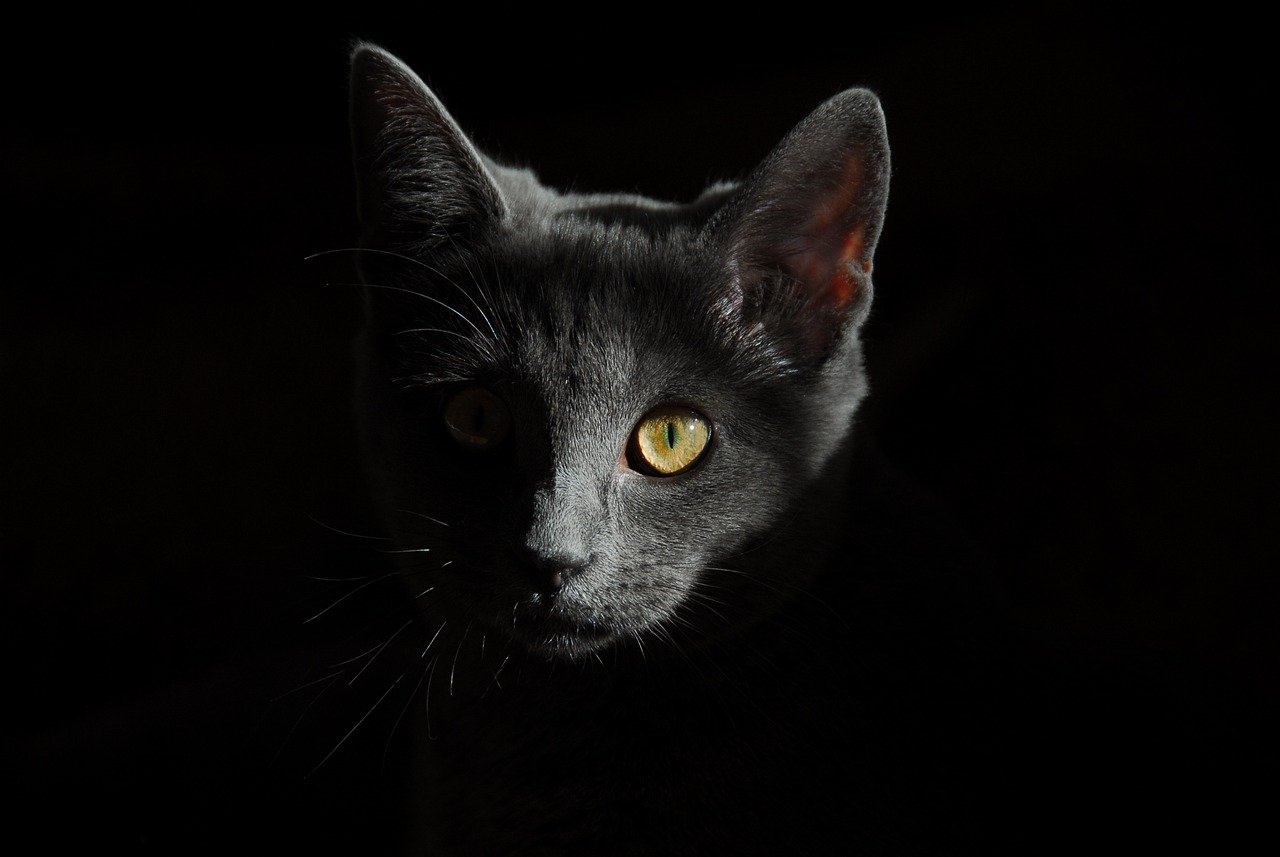
A cat’s head bump (or “head bonk”) is a real sign of affection. If your cat offers a head bump, consider it a compliment! You can also communicate love by giving your cat a slow blink—gaze at them softly and close your eyes slowly, then open them again. Many cats recognize this as a friendly gesture. It’s like saying “I trust you” in feline language. Try this the next time your cat glances your way; you might be surprised when they blink back!
Spend Quiet Time Together

Sometimes, the best way to bond is simply by sharing space. Sit nearby while your cat lounges or naps, without demanding their attention. You could read a book, watch TV, or even work on your laptop while they’re in the room. Your calm presence provides comfort, and over time, your cat may start to inch closer. It’s a bit like building friendship through shared silence—no words, just togetherness. These peaceful moments can mean more than a thousand cuddles.
Use Clicker Training and Positive Reinforcement

Training isn’t just for dogs! Clicker training uses a small noise-maker and treats to teach your cat new behaviors. When your cat does something you like—maybe coming when called or sitting near you—click and reward. This method helps your cat associate good things with your presence, building trust and communication. Plus, training sessions are fun and mentally stimulating for your cat. They let your cat show off their intelligence and feel proud of their accomplishments.
Provide Vertical Spaces and Perches

Cats love to climb and observe their world from above. Installing cat trees, shelves, or window perches can make your home more exciting for your feline friend. Some shy or non-cuddly cats feel safer when they can watch from a high vantage point. By providing these options, you show that you understand your cat’s needs. Plus, cats often like to sit near you on a perch, even if they don’t want to be in your lap. Sharing space, even at a distance, counts as bonding!
Introduce Gentle Grooming Sessions
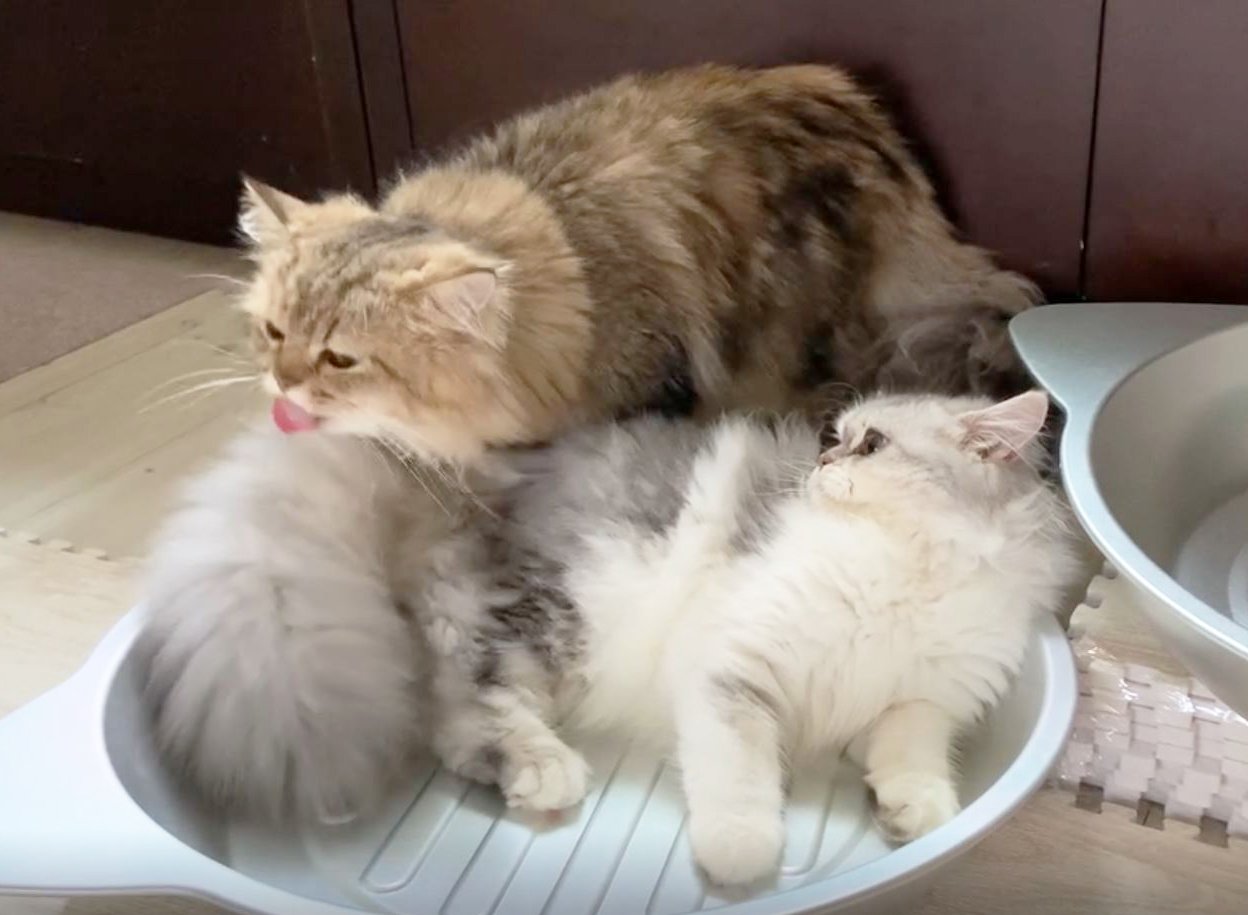
Grooming can be a relaxing way to bond with your cat, especially if you use a soft brush and keep sessions short. Start by offering the brush for your cat to sniff, then gently brush their favorite spots. Many cats enjoy being brushed around the cheeks and back. If your cat seems unsure, try just a few strokes at a time and always pair grooming with treats or calm words. Over time, grooming can become a special ritual that your cat looks forward to.
Respect Their “No” and Give Them Space
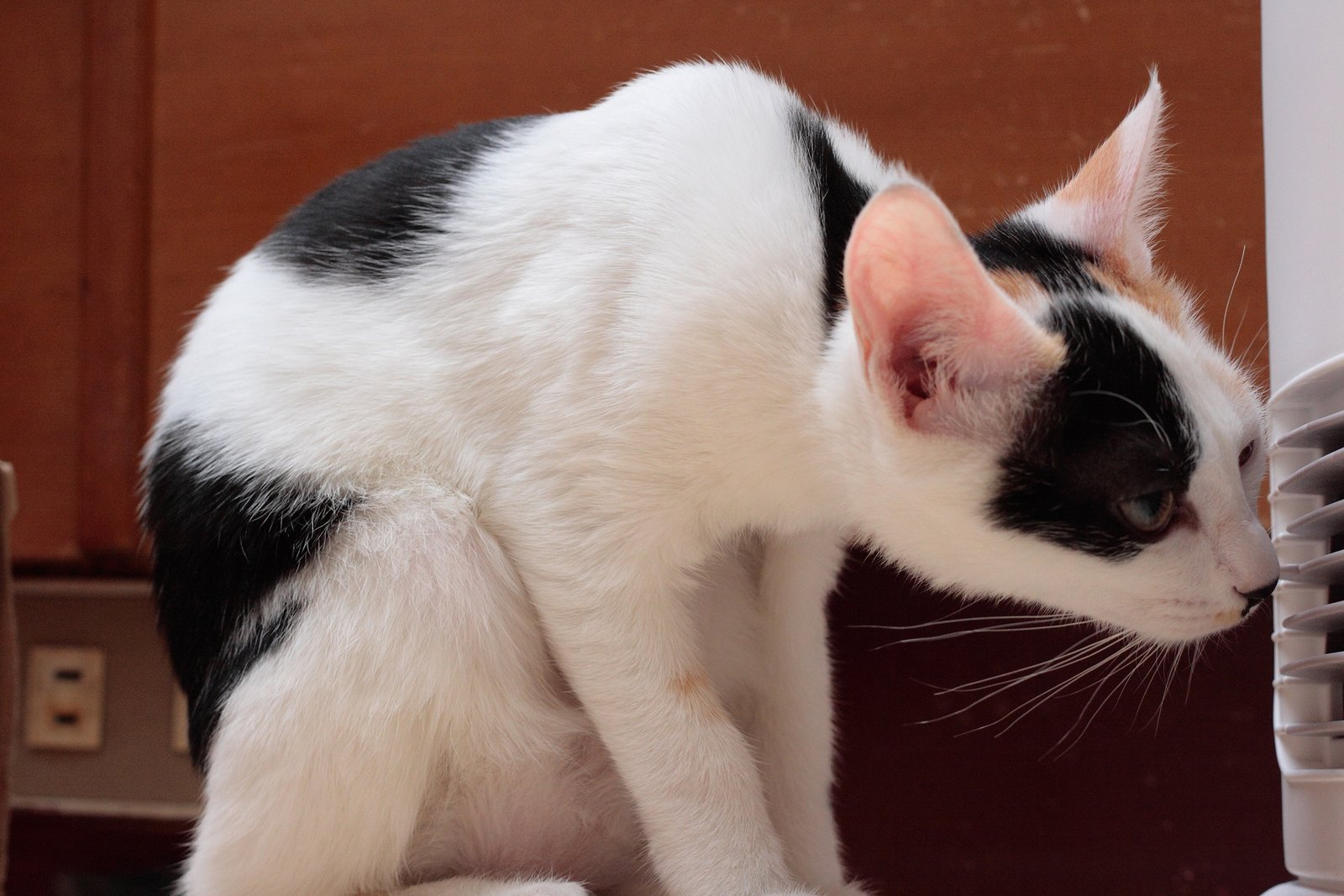
It’s important to recognize when your cat has had enough interaction. If they walk away, hide, or show signs of stress, respect their wishes and give them space. Forcing affection will only make your cat more wary. Letting your cat decide when and how to interact helps build trust over time. Think of it as respecting a friend’s boundaries—you wouldn’t want to push someone into a hug if they weren’t ready. Let your cat know you’ll always respect their feelings.
Talk and Sing to Your Cat

Your voice can become a comforting and familiar part of your cat’s life. Try talking to your cat throughout the day or even singing softly while you go about your chores. Many cats are soothed by the sound of their favorite person’s voice, and some will even “talk back” with chirps or meows. You might feel a little silly at first, but it’s a great way to share positive energy and create a unique connection. It’s like having a quiet conversation with a close friend.
Monitor and Support Their Health

Sometimes, a cat’s reluctance to cuddle is linked to discomfort or health issues. Regular vet check-ups, a balanced diet, and plenty of clean water are essential for your cat’s well-being. If your cat suddenly becomes more withdrawn or irritable, it could be a sign that something is wrong. By staying attentive to their health, you show your cat that you care about their happiness and comfort. A healthy cat is more likely to engage and bond with you.
Celebrate Small Victories Together

Bonding with a non-cuddly cat is a journey, not a sprint. Celebrate the little moments—maybe your cat chose to sit beside you or accepted a gentle pet for the first time. Each small victory means your cat trusts you a little bit more. Keep a mental list of these milestones, and remind yourself how far you’ve come together. These moments, no matter how small, are the building blocks of a lasting bond.
Stay Patient and Consistent
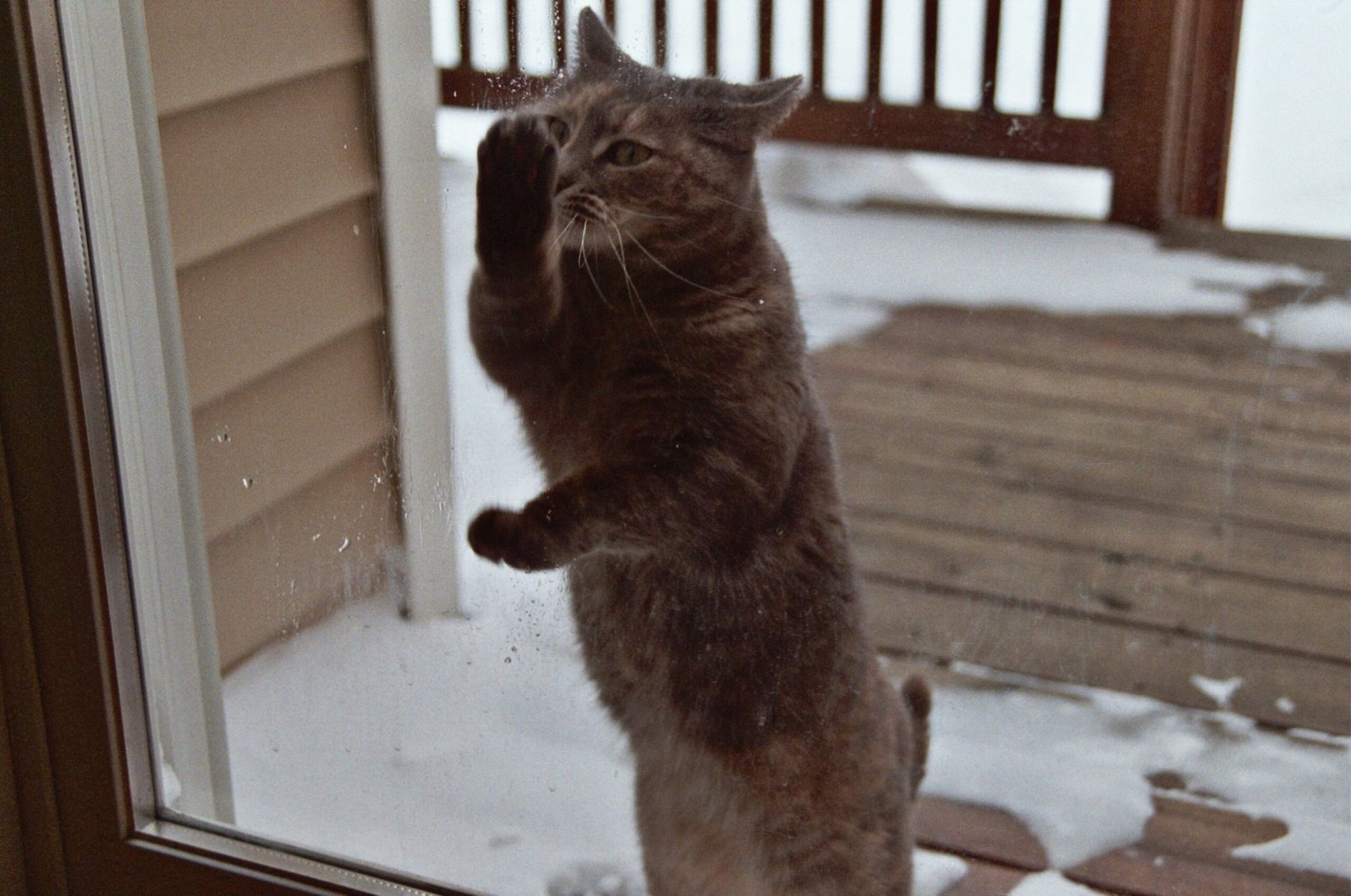
Perhaps the most important ingredient in building a bond with your cat is patience. Some cats take weeks, months, or even years to feel truly comfortable. Consistency in your approach, your routine, and your respect for their boundaries will pay off over time. Don’t be discouraged if progress seems slow—every cat moves at their own pace. Just like growing a garden, the results are worth the wait.
Enjoy the Unique Relationship You Share

At the end of the day, your relationship with your cat is special—even if it doesn’t involve cuddling. Maybe your cat prefers to sit at your feet, follow you from room to room, or just watch you with curious eyes. These gestures are their way of showing love and trust. Embrace the quirks and celebrate the bond that’s uniquely yours. Isn’t it amazing how love can show up in so many unexpected ways?
Hi, I’m Bola, a passionate writer and creative strategist with a knack for crafting compelling content that educates, inspires, and connects. Over the years, I’ve honed my skills across various writing fields, including content creation, copywriting, online course development, and video scriptwriting.
When I’m not at my desk, you’ll find me exploring new ideas, reading books, or brainstorming creative ways to solve challenges. I believe that words have the power to transform, and I’m here to help you leverage that power for success.
Thanks for stopping by, Keep coming to this website to checkout new articles form me. You’d always love it!




